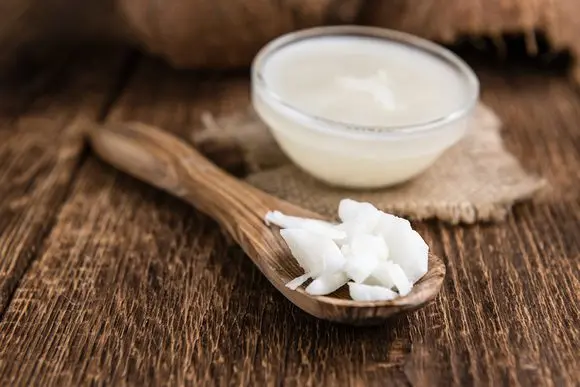Contents
*Overview of the best according to the editors of Healthy Food Near Me. About selection criteria. This material is subjective, is not an advertisement and does not serve as a guide to the purchase. Before buying, you need to consult with a specialist.
A porcelain stoneware sink is a beautiful addition to a kitchen or bathroom. But over time, ugly spots appear on it, spoiling an attractive appearance. We will tell you how to restore the appearance of the sink with ordinary detergents.
How to clean a porcelain tile sink
A porcelain stoneware sink needs regular cleaning. Otherwise, stubborn stains and traces of limescale may appear on it. For routine (preventive) cleaning, follow these simple steps:
Wipe the surface every week. Use a sponge or cloth soaked in warm water. Regular cleaning will prevent the formation of dirt and stains from mineral salts.
If stains appear on the surface, it can be cleaned with soapy water. Take a sponge and pour some liquid soap or dishwashing liquid on it. Rub the sink for a few minutes. Start with the most problematic stains. You need to rub hard enough so that the dirt is saturated with soap and begins to move away. After treatment, rinse the solution with water and let the sink dry.
Wipe with vinegar once a month to avoid stubborn stains. Prepare a solution of vinegar at the rate of 30 ml per 4 liters of water. Dip a sponge or cloth into the mixture and rub the porcelain stoneware surface. Rinse the sink well and pat dry with paper towels.
Work with vinegar is required to be carried out in protective rubber gloves.
How to get rid of stubborn stains on porcelain stoneware?
There are several ways to get rid of stubborn stains on a porcelain stoneware sink:
Mix soda with water to the consistency of sour cream. Apply the resulting mixture to the stain and rub with a sponge for several minutes. Rinse with water. Do not use baking soda powder – it can scratch the sink.
Try using ammonia (ammonia will also work). Pour a bucket of warm water and add 30 ml of ammonia and 30 ml of baking soda to it. Soak a sponge in the cleaning solution and rub the dirty surface. Continue rubbing until you notice that the stain has begun to decrease. Wear hand protection when working with ammonia. Rinse the sink thoroughly to remove excess solution.
If cleaning with soap does not help, use a chlorine cleaner. Apply “Whiteness” on the contaminated surface and leave for a few minutes. Scrub the stain with a sponge and rinse off any remaining bleach. Do not spill the product on clothing – it can destroy fabrics. Use rubber gloves when working.
Tip: try not to leave strong substances for a long time on the surface of the porcelain stoneware sink. Wash them off immediately after cleaning. Before cleaning, it is recommended to clarify which products are acceptable for processing on the manufacturer’s website.
How to prevent sink damage
Most stains on porcelain stoneware sinks are due to a combination of hard water and grease. They create a stable mineral-organic plaque, which is poorly washed and spoils the appearance of the product. The appearance of such spots is easier to prevent than to “treat”:
Wipe with a dry cloth after each use. This will help prevent the formation of dirt, mold and limescale stains. A melamine sponge is even better for this purpose.
Cover the surface with lemon essential oil. Its layer will protect the porcelain stoneware surface from dirt and other precipitation, while at the same time preventing stains from soaking into the surface. Apply a few drops of lemon essential oil to a sponge or rag and scrub your sink. The oil will also make your sink shine, making it look cleaner and have a pleasant scent that will waft through your kitchen or bathroom.
Do not leave items on the sink that could cause rust, such as a razor, earrings, or certain cutlery. If you have poured coffee or tea into the sink, immediately rinse it with water.
Do not leave a large stack of dishes in the sink as this can cause scratches and other signs of wear. Consider buying a plastic or rubber sink mat. This will protect both its surface and your plates.
Useful Tips
Do not use abrasive powders, metal sponges and brushes to clean the porcelain stoneware sink, as this may damage the surface. Scratches not only spoil the appearance of the item, but also accumulate stubborn dirt.
For washing, it is not recommended to use acid-based products. For the stone itself, they are not very dangerous, but they damage the seams connecting it.
Before using strong chemicals, try cleaning with soapy water.
Attention! This material is subjective, is not an advertisement and does not serve as a guide to the purchase. Before buying, you need to consult with a specialist.










